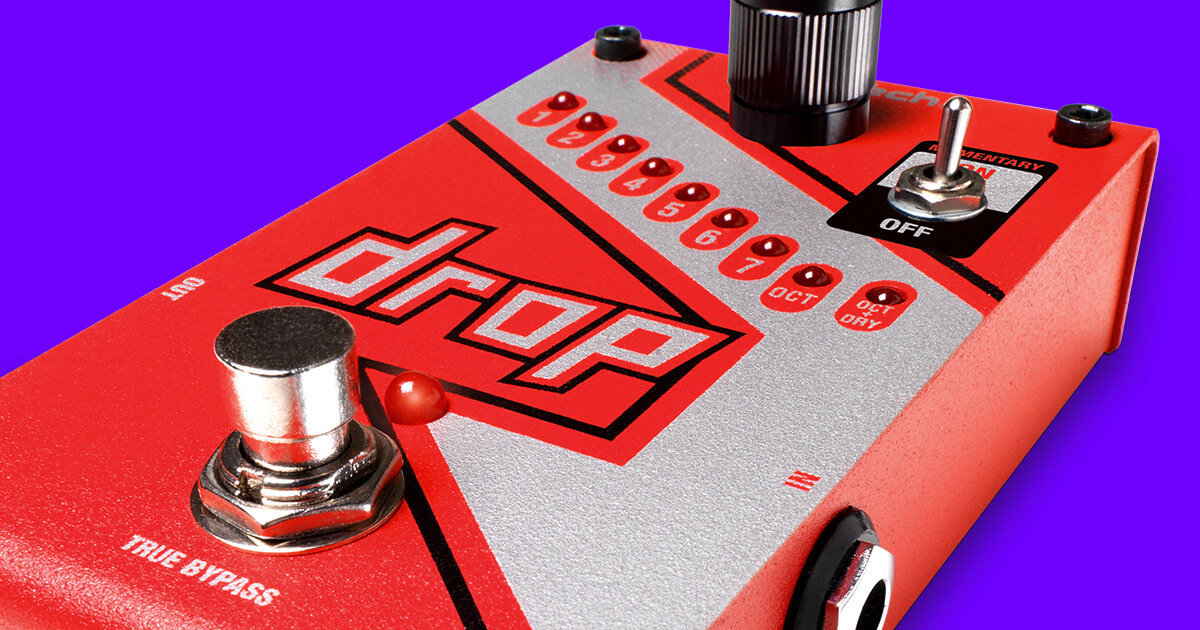I have to learn the new Justin Bieber single for an upcoming gig and, interestingly enough, the entire thing is built around a baritone guitar riff. It’s practically the only instrument on the song besides drums and vocals.
This is just a request for one gig and I’m not really in the market for a baritone guitar right now. Besides scale length, is there any reason I couldn’t just put some appropriate gauge strings on a spare Tele? What do you guys reckon?
Here’s the song if you’re curious:
This is just a request for one gig and I’m not really in the market for a baritone guitar right now. Besides scale length, is there any reason I couldn’t just put some appropriate gauge strings on a spare Tele? What do you guys reckon?
Here’s the song if you’re curious:


